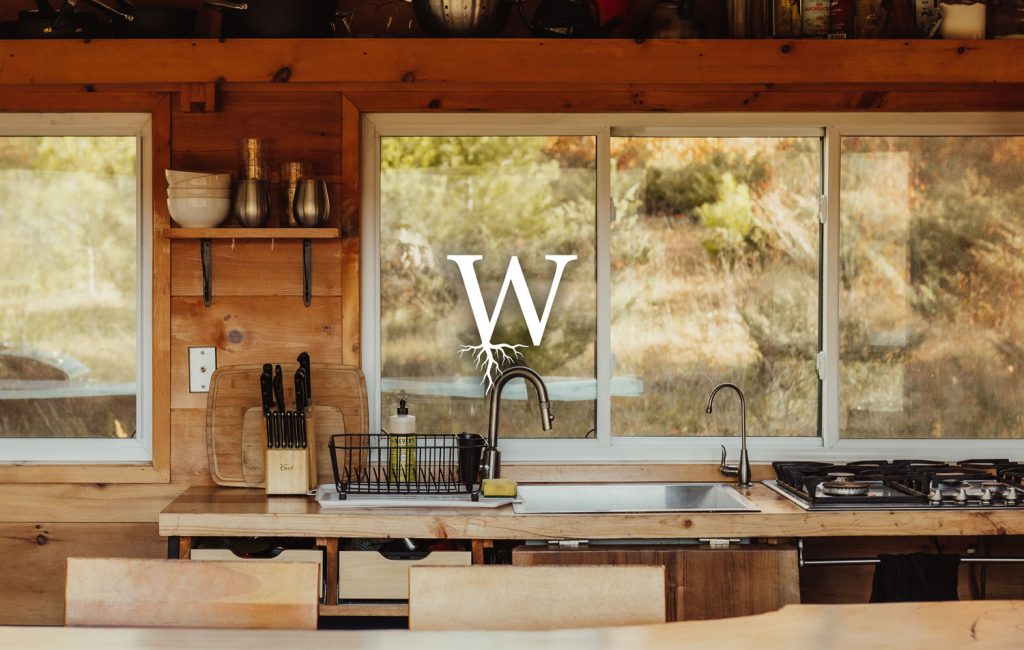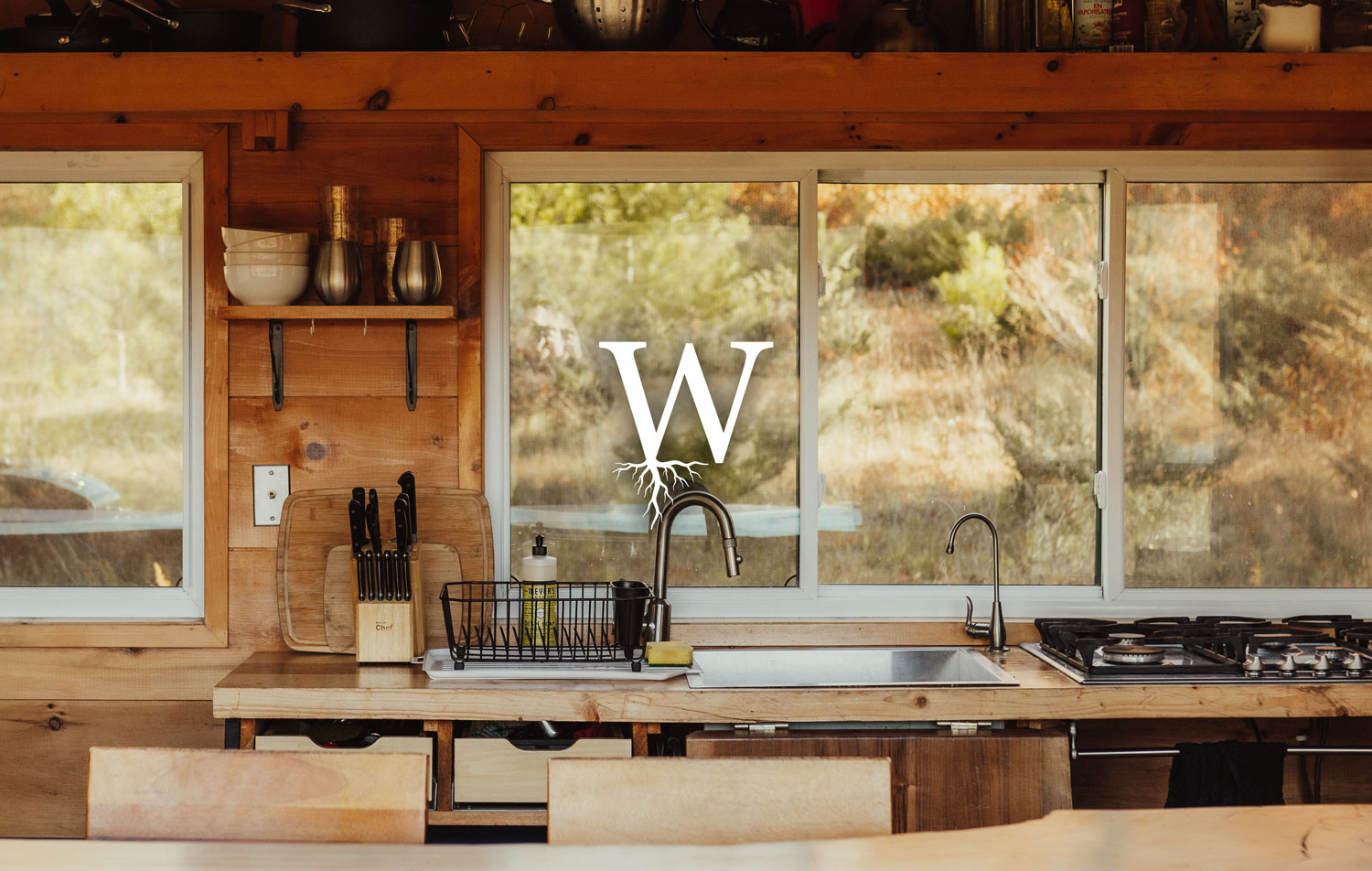

Certifications Matter:
Unravelling the mystical world of building codes and certifications
Building is a serious business. There are many important factors to take into consideration when building or buying a home. As a result, a variety of “Building Codes” and “Certifications” have been put in place to ensure the safety of a building and to ensure that the builder meets a certain quality standard for the unit you are purchasing.
Come along with us as we unravel this confusing mess of codes, symbols and terms so that you can be sure you understand what it is you are buying, where you can put it, and how you can use it within Ontario.
What is CSA? – Canadian Standards Association Group is a global organization dedicated to safety, social good and sustainability. They are a leader in Standards Development and in Testing, Inspection and Certification around the world including Canada, the U.S., Europe and Asia. Their mandate is to hold the future to a higher standard.
“Compliant” VS “Certified”
While compliant and certified seem very similar they have very different meanings. This will be important to keep in mind while discussing certifications and codes below.
Certified – When a unit is CSA Certified this means that the builder is registered with CSA and undergoes regular factory inspections and quality control measures. The builder is held accountable by documenting quality control checklists and must meet the CSA standards in their builds. All of the components used must be of the proper certifications (safe electrical components, etc). This process ensures that the builder is meeting or exceeding the CSA standard in their build.
Compliant – Compliant is simply a claim made by a builder. This means that the builder has stated that they are compliant. However, they are not registered or inspected. There is not any oversight by a certification body or inspector. Be careful around any builders who claim “compliance” as you are simply expected to trust their understanding or execution of the code or certification requirements. No one is checking their work.
Wildscape Co. is certified with CSA under “Loerchner Holdings Inc.” If a builder is not registered with CSA they are not building CSA Certified units. They must purchase a sticker to affix to certified units from CSA and can only do so if they are registered. You can look up CSA certified builders on the CSA website here:
CSA Lookup
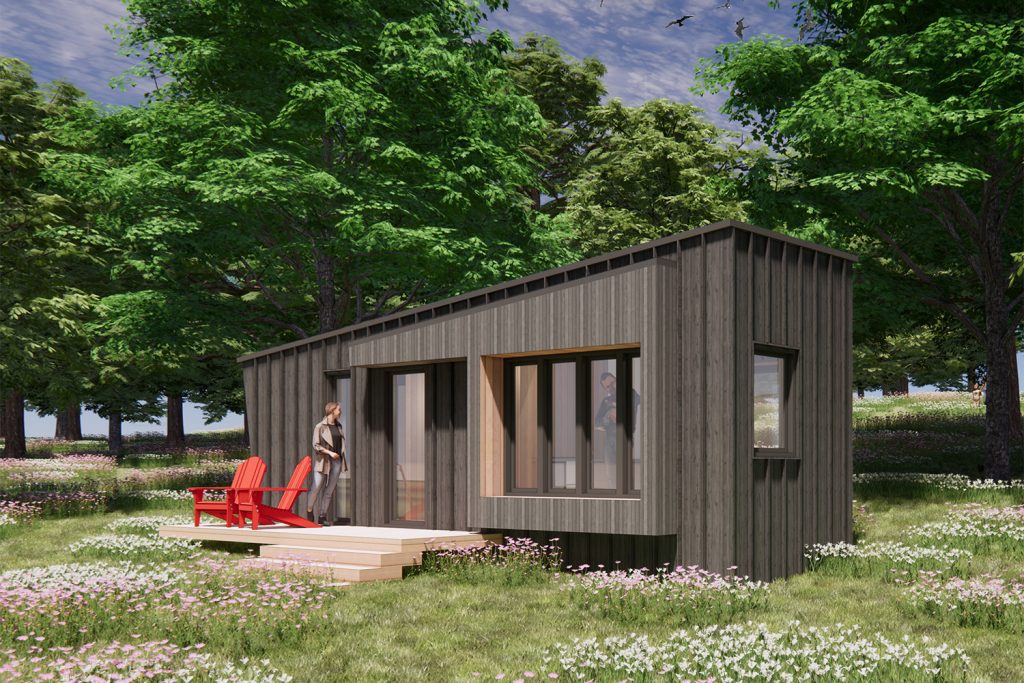
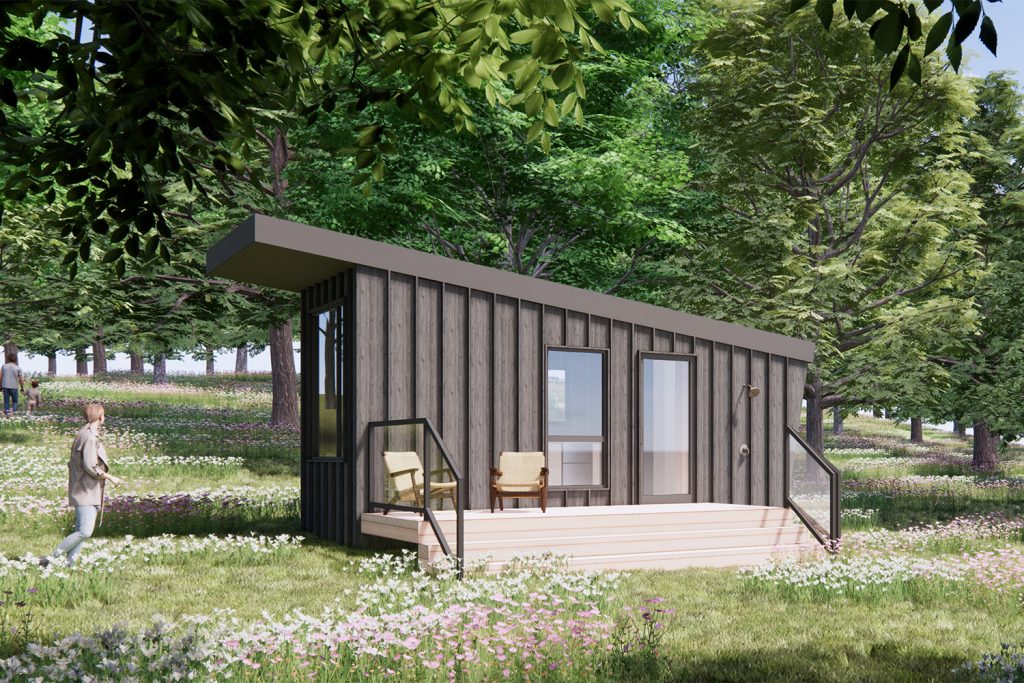
“CSA Certification” VS “Building Code”
There are a variety of Building codes and Certifications. They often overlap or reference each other. Let’s take a look.
National and Provincial Building Codes
The National building code (or NBC) is generally the foundation for most provincial building codes. However, each province has its own building code. These Provincial codes may reference the national building code but if you are building on site in Ontario you are generally expected to be meeting the Ontario building code (OBC), not the national building code. This can differ with CSA buildings as CSA standards reference the National Building code.
The Ontario building code covers a wide variety of aspects of building, not all of which are relevant to residential dwelling or smaller builds. For example, Part 3 covers Fire, Safety and Accessibility, Part 8 Covers Septic Systems and Part 9 Covers ”Housing and Small Buildings”. Part 9 is the section you are likely to hear come up most often when discussing residential buildings.
There are also several supplementary materials such as “SB-12” which is a guide for energy efficiency around heating, cooling and insulation. This supplementary section is often referenced when designing the energy efficiency of your home and ensuring that the heating and cooling is adequate.
Don’t worry about knowing all of these codes or names. It is just important to understand that certified builders are taking the time to understand and follow these codes as well as to work with engineers that ensure the finished building is structurally sound and energy efficient.
Wildscape Co. builds CSA certified units that meet these codes and have completed the appropriate engineering.
There is also an “International Building Code – IBC”. This is out of the scope of this article.
CSA Certifications
There are a variety of types of CSA certifications and it is important to understand the differences between them. There is only ONE that allows you to live in the unit. CSA compliant units won’t receive permits and generally cannot legally be placed on any property in Ontario.
CSA Z240 MH / A277 – Manufactured Homes
I know, this code has a lot of letters! The important ones are the “MH” which means “Manufactured Home.” This standard is the only CSA certification that is considered to be a year round dwelling in Ontario and is the only standard that meets the Ontario Building Code (OBC).
In order to be certified the building must have a CSA Z240 MH sticker on it. If the building is “compliant” it will not have a sticker and does not meet code. This means that a building inspector or by-law officer will not allow it to be used on your property and can ask you to remove or destroy it.
CSA Z240 MH units specifically do not allow lofts. A simple test to check if a unit is CSA Z240 MH certified is to check if the design has a loft space. If the unit has a loft space in the design it cannot be CSA Z240 MH, cannot meet code, and cannot be certified which means you cannot live in it in Ontario. A CSA Z240 model may or may not have a trailer.
Wildscape Co. builds CSA certified units that meet these codes and have completed the appropriate engineering.
The main benefit of a CSA Z240 MH home is that it can be manufactured in the factory and delivered to your property finished and ready to live in. Because a certified unit is inspected at the factory and CSA ensures the proper procedures and quality control, the building inspector and the buyer can feel confident the work is being completed properly. This saves you the hassle of coordinating multiple inspections with the local municipality and significantly speeds up the build process as you can prepare the site at the same time. Wildscape Co. can also facilitate the preparation of the lot and permitting.
Bunkies – Some of our Wildscape Co. bunkies do include loft spaces for sleeping or storage. These are not “dwellings” meant for “habitation”. There is no CSA standard for “bunkies”.
The Ontario Building code specifies that CSA Z240 MH / A277 units are code compliant in part 9.1.1.9. 9.1.1.9. Site Assembled and Factory-Built buildings (1) Except as provided in Sentence (2), a manufactured building intended for residential occupancy is deemed to comply with this Code if it is designed and constructed in compliance with, (a) CSA Z240.2.1, "Structural Requirements for Manufactured Homes", if the building is constructed in sections not wider than 4.88 m, or (b) CSA A277, "Procedures for Factory Certification of Buildings".
CSA Z241 – Park Model Trailers
Any unit built to the CSA Z241 standard is considered a “Park Model Trailer.” This is a three season standard that is not intended for year round use and must be mounted on a trailer.
Where you are allowed to place or use these trailers will depend largely on the local municipal by-law, however, most municipal by-laws in Ontario are very similar in this respect. With very few exceptions park model trailers can only be placed in Trailer Parks. In almost every case the property must be zoned as a trailer park to be able to use this type of model.
There are only a couple municipalities in Ontario that will allow you to get a permit to place a park model trailer on your property for seasonal or recreational use. Parking a Z241 trailer next to someone’s house or on someone’s property to live in is not legal anywhere in Ontario and may result in the municipality asking you to remove it.
Once again, units that are Z241 “compliant” that do not have a CSA sticker cannot be used in a trailer park or in any of the very few municipalities that allow the use of Z241 park models for recreational use on private properties. If the unit does not have a CSA sticker, it cannot be legally placed anywhere in Ontario. The municipality may request it to be removed or destroyed.
While the CSA Z241 standard is intended for seasonal use, some trailer parks in Ontario are starting to offer year round accessibility. It is possible to build a CSA Z241 model that has sufficient insulation and heating to be used year round and some builders (including Wildscape Co.) do offer these options. This allows you to enjoy your Z241 unit for recreational use year round. However, it is still not a legal dwelling for year round habitation.
Wildscape. Co. is now offering its “Dwellings” certified as CSA Z241 units for recreational use. These models can be used year round, but cannot be used as a dwelling.
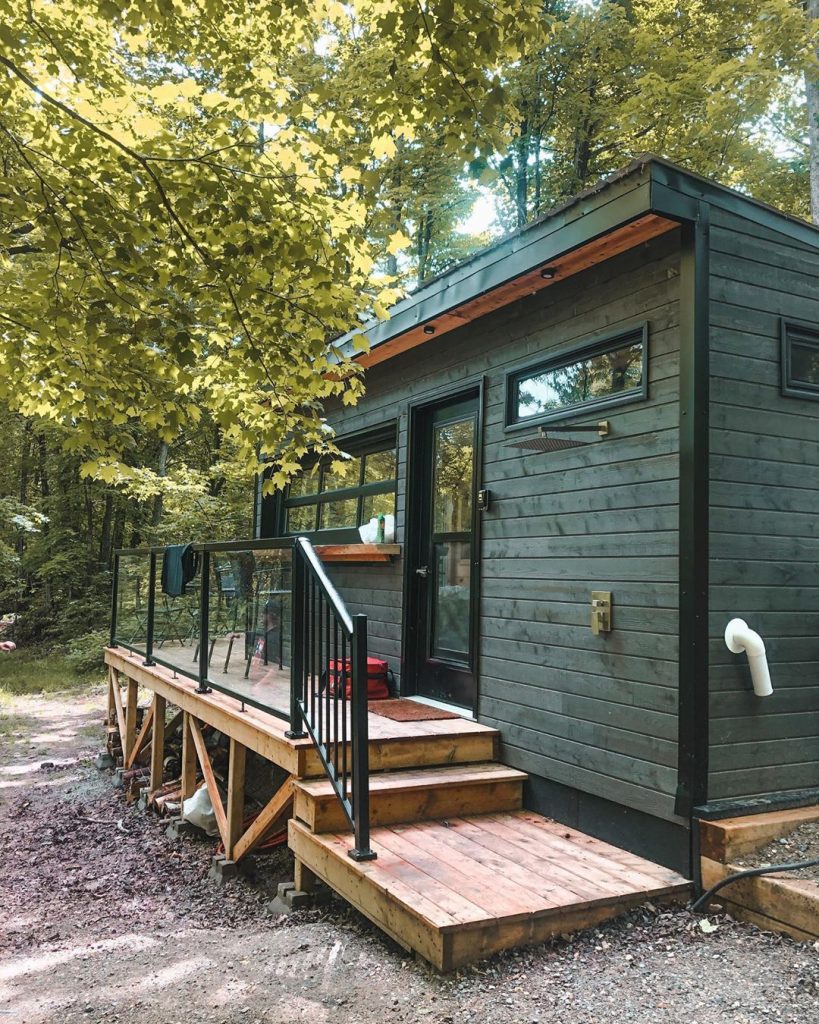
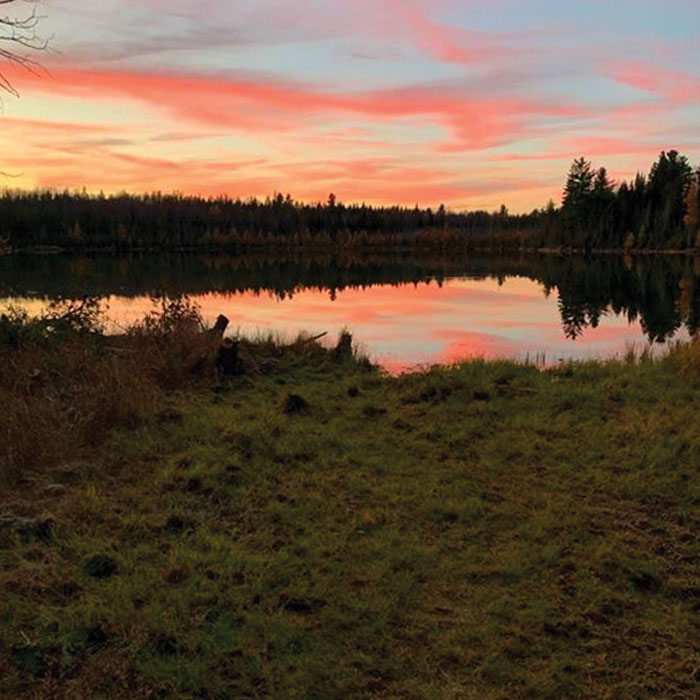
CSA Z240 RV – Recreational Vehicles
It is a little confusing but this standard is also “Z240”. The important letters in this case are the “RV” for Recreational Vehicles. CSA Z240 RV units are exactly that, recreational vehicles. They are intended for recreational use only and do not meet building code. RV units can generally be used in the same way as the above Z241 park model trailers. They are generally permitted in trailer parks and are not meant for year round use.
In the same way as Z241 units, they cannot be parked next to someone’s house or on someone’s property to be used for habitation. Many municipal by-laws allow for RV units to be parked on properties for storage only, not for recreational or long term use.
A small handful of municipalities will allow for recreational use of a Z240 RV on a rural property. However, they almost always have stipulations that the unit must be moved within a period of time such as 14 days, and it cannot be placed permanently.
Wildscape. Co. can also offer its “Dwellings” as CSA Z240 RV units for recreational use. These models can be used year round, but cannot be used as a dwelling.
But I know someone who…
You have likely seen RV’s or park model trailers in real estate listings or know people who have one in a permanent location. It is sometimes possible to get away with this. However, if there is a complaint or if it comes to the municipality’s attention they can force you to remove or destroy the unit. If you do not comply they can enter the property and do it themselves and charge you for the costs. Be Careful!
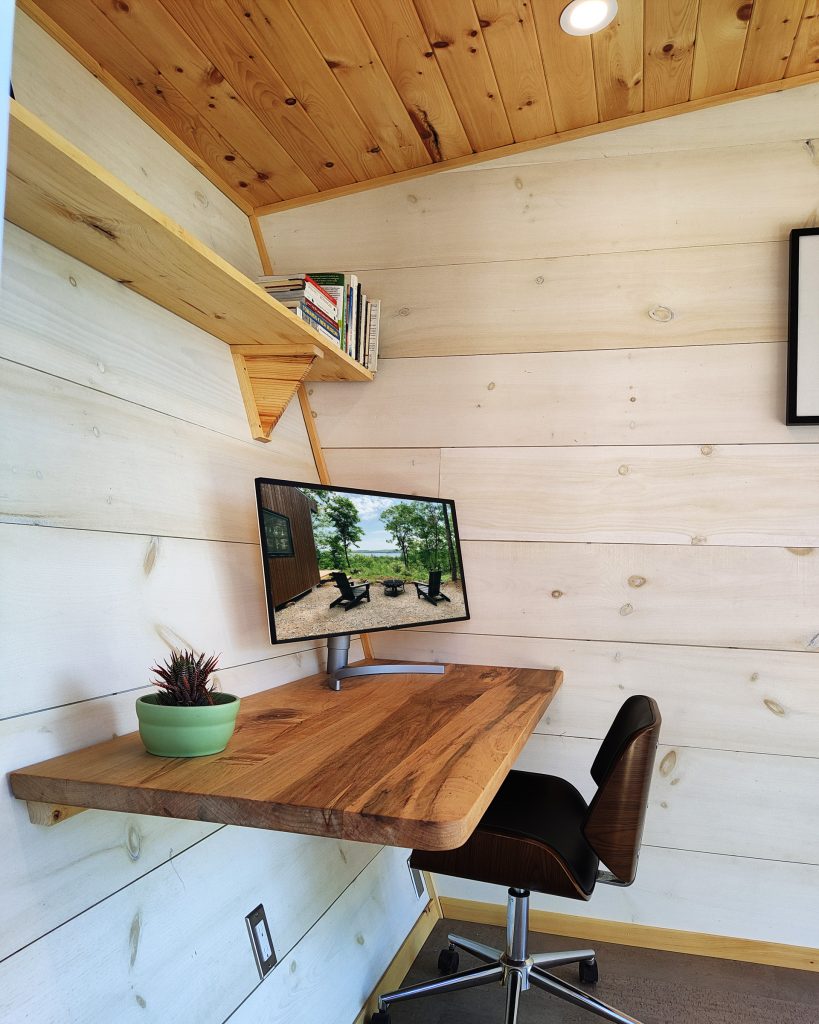
Have Questions?
Navigating the confusing world of building codes and certifications is a challenge! But we’ve got your back. Feel free to reach out for a free consultation on how we can connect you with a dream build that suits your needs (minus all of the headaches).
Email: sales@wildscapeco.com | Phone: 647 531 1240
Key Takeaways:
1. Be wary of anyone who claims “compliance.” You are still not likely to be able to use this unit legally anywhere in Ontario.
2. Make sure the unit you are purchasing matches your use:
-CSA Z240 MH – Manufactured homes are for living in
-CSA Z241 Trailer Park Models are for recreational use in trailer parks
-CSA Z240 RV’s are for recreational use in trailer parks or temporary use in parks or private property where permitted
3. Look for the sticker! Make sure that the builder has a CSA sticker on their units.
Wildscape CO. has building code certified designers on staff to meet your needs. We can work with you to find the perfect property and ensure what you can build and where. We are one of the only builders in Ontario that are certified to consult on code and assist you every step of the way.
Reach out today to start making your dream a reality!
LOOKING FOR FINANCING?
Wildscape Co. works with a mortgage broker that specializes in “Tiny Home” financing. Drop us a line, we would be happy to introduce you.

